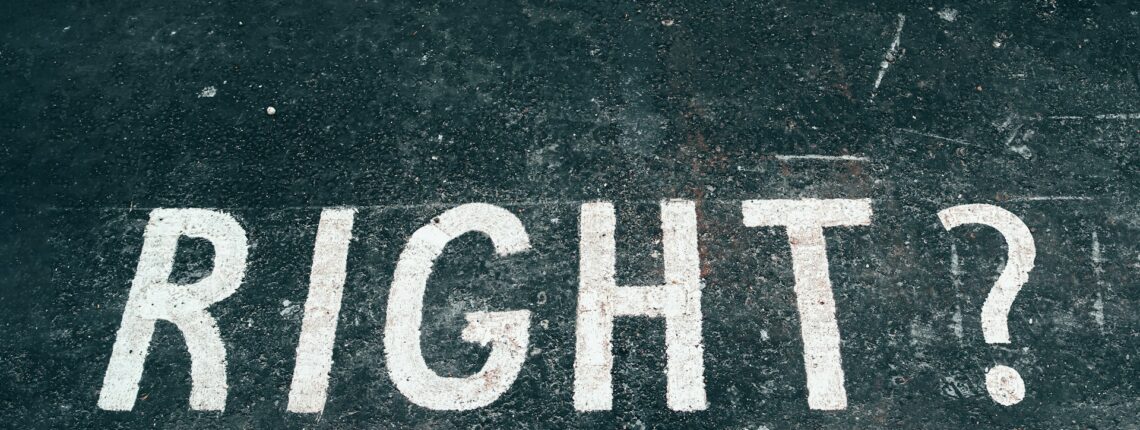The ethics courses seek to help students better understand how moral theory and personal decisions intersect at the individual level and the impact this has on how we live our lives.
To be a person is to be forced into the thorny realm of morality — the place where moral choices, judgments, and debates are inescapable, where everyone is sunk deep in moral, or ethical, issues all the time. As a person you may decide to reject or ignore moral concerns, but even this response is a moral concern.
Ethics, or moral philosophy, is the study of how we should live our lives. For at least five thousand years, issues in ethics have been studied and debated by philosophers, theologians, scientists, physicians, artists, and people just like you. But, then, not thinking about moral issues is pretty hard to do. In fact, whether you want the job or not, you are an amateur ethicist, someone who spends a lot of time thinking about moral issues. What’s more, you have a moral theory — a view of what morality is and is not, what actions are right or wrong, and what things are good or bad. Even if you think that there is no such thing as right and wrong, that is a theory of morality. If you believe that all moral theories and moral theorizing are bogus, that is also a theory of morality. So the question of whether you should have a moral theory is irrelevant — you already have one. The really important question is: Which one should you have? These courses will help you get your bearings so you can begin to answer these questions for yourself.
There are currently two parts in this course:

